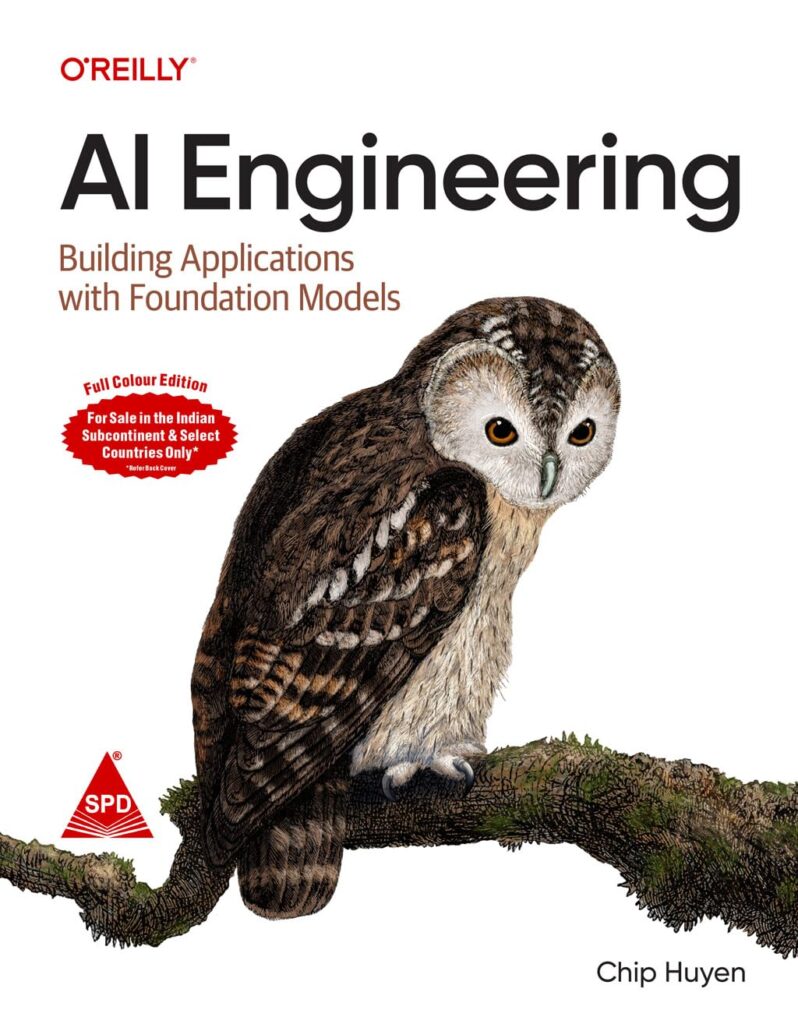Divide data into groups in R
Divide data into groups in R, we will learn how to use the split and unsplit functions in R to divide and reassemble vectors into groups.
These functions are useful when you need to separate a large dataset into smaller groups based on specific criteria and then reassemble the data back into a single vector.
Definitions and Basic R Syntaxes
The split function divides data into groups, while the unsplit function reverses the output of the split function. The basic R syntaxes for these functions are:
split(values, groups) unsplit(split_values, groups)
Creation of Example Data
We will create an example vector and a grouping vector to demonstrate the use of the split and unsplit functions.
What is the best way to filter by row number in R? » Data Science Tutorials
vec <- 1:10
vec
# 1 2 3 4 5 6 7 8 9 10
groups <- c(rep("A", 3), rep("B", 5), rep("C", 2))
groups
# "A" "A" "A" "B" "B" "B" "B" "B" "C" "C"Example 1: Using split() Function in R
In this example, we will use the split function to divide our example data into three groups based on the grouping vector.
my_split <- split(vec, groups) my_split # $A # [1] 1 2 3 # # $B # [1] 4 5 6 7 8 # # $C # [1] 9 10
As you can see, the split function created a list called my_split, which contains three list elements, each representing a group.
Stacked Barplot in R » Data Science Tutorials
Example 2: Using unsplit() Function in R
In this example, we will use the unsplit function to reassemble the data back into a single vector.
my_unsplit <- unsplit(my_split, groups) my_unsplit # [1] 1 2 3 4 5 6 7 8 9 10
As you can see, the unsplit function successfully reassembled the data back into a single vector.
Conclusion
In this tutorial, we have learned how to use the split and unsplit functions in R to divide and reassemble vectors into groups.
We have demonstrated how to use these functions to separate a large dataset into smaller groups based on specific criteria and then reassemble the data back into a single vector.
With these functions, you can easily manipulate and analyze large datasets in R.
- Reinforcement Learning in Machine Learning
- How to do Data Format in R
- How to Join Objects in R
- How to select mutual funds?
- Introduction to Hadoop Data Processing Applications
- How to add straight lines to a plot in R
- Minimum number of units in an Experimental Design
- What is the future of data analytics?





